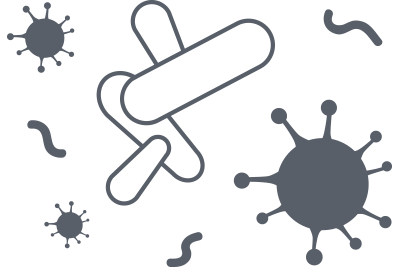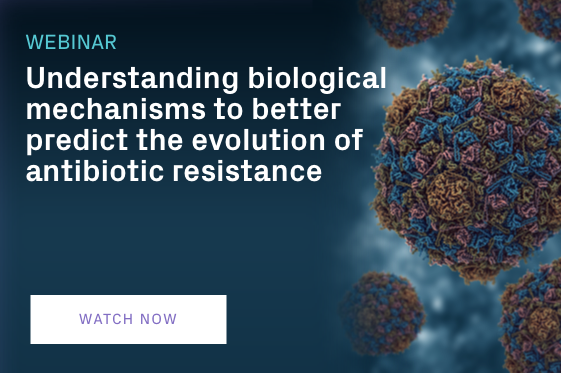Metagenomics
Research scientists are just beginning to comprehend the complexity of the microbial communities and their impact on human health, soil health, ocean health, and the environment. Microbiome dysfunction has been linked to complex problems such as human diseases, crop failure, climate change, and environmental disasters. Analysis of the composition and distribution of microbiomes can lead to a better understanding of the root cause of these problems, as well as point the way to possible solutions.
Metagenomics
Research scientists are just beginning to comprehend the complexity of the microbial communities and their impact on human health, soil health, ocean health, and the environment. Microbiome dysfunction has been linked to complex problems such as human diseases, crop failure, climate change, and environmental disasters. Analysis of the composition and distribution of microbiomes can lead to a better understanding of the root cause of these problems, as well as point the way to possible solutions.

Investigating Microbiomes
Metagenomics analyses can include traditional 16S Sanger sequencing approaches for bacteria and archaea that can be cultured in the lab, as well as advanced 16S microbial community analysis through next generation sequencing / massively parallel approaches directly from environmental samples. Shotgun whole genome sequencing of the microbiome through next generation sequencing is another approach frequently used to analyze all of the genes present in a microbial community, providing not just phylogenetic analysis but also insight into the functional capabilities of each species within the community.
Research in Metagenomics
Applications of metagenomics and microbiome research include:
Agricultural researchers sequence micro-organisms from soil samples of healthy and unhealthy crops to identify possible bacteria and archaea species that can be used to develop soil treatments to improve crop health.
Environmental scientists explore the complex interactions of microbial communities in healthy and unhealthy ecosystems to better understand how the microbiome population and composition impacts the overall health and function of the environment.
Medical doctors investigate gut and other microbiomes as they relate to disease states such as diabetes, Alzheimer’s disease, and bacterial infections. The composition of these microbial communities can be investigated before and after drug or therapeutics treatment to examine on- and off-target effects of the treatment, providing insight into treatment viability and patient outcomes.
